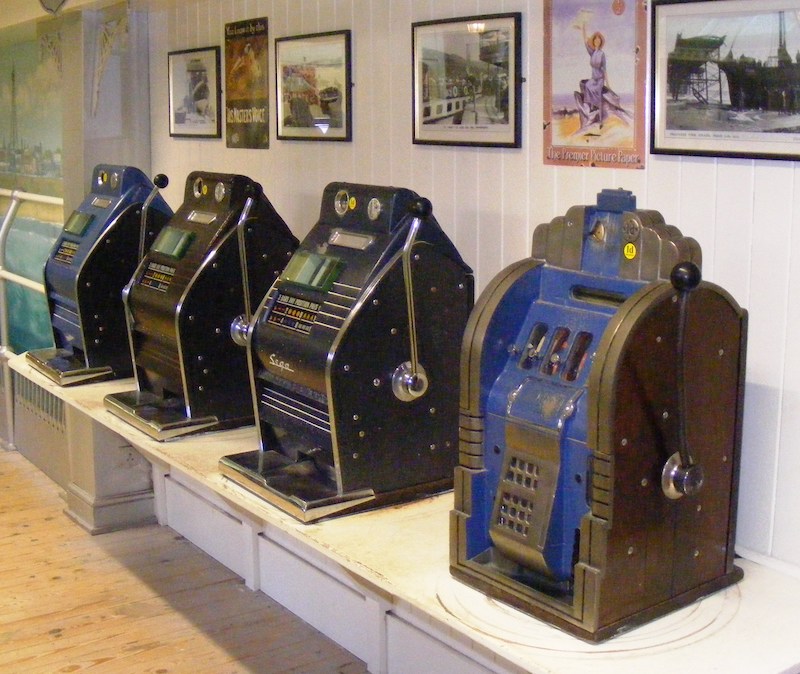Introduction
Charles Fey is a name etched in the annals of gambling history, celebrated as the inventor of the slot machine. His groundbreaking invention sparked a revolution in the gaming world, laying the foundation for one of the most popular and enduring forms of entertainment. While modern slot machines have evolved dramatically, their origins can be traced back to Fey’s innovative creation that forever changed the landscape of gambling.
The Early Life of Charles Fey
Born in Bavaria into a family of 16 children, Charles Fey’s childhood was shaped by familial responsibilities and modest beginnings. Despite his unassuming start, Fey’s ingenuity would eventually leave an indelible mark on history. Growing up, Fey harbored a strong aversion to the idea of being drafted into the German Army and experienced tension with his father. These factors motivated him to focus on his passion for craftsmanship, particularly instrument making, a trade he excelled at with remarkable skill.
At the age of 23, Fey emigrated to the United States, joining his uncle and seizing the opportunity to expand his horizons. His career flourished at Electric Works, but it was his decision to leave the company and co-found a rival enterprise that set the stage for his most notable invention.
The Birth of the Slot Machine
Charles Fey’s slot machine, the Liberty Bell, was a marvel of simplicity and ingenuity. Introduced in the late 19th century, the machine featured three spinning reels adorned with iconic symbols such as diamonds, spades, hearts, horseshoes, and the titular Liberty Bell. Its defining feature was the automatic payout mechanism—a groundbreaking innovation for its time. Players who aligned three Liberty Bell symbols were rewarded with the machine’s top prize, an element that added a thrilling sense of anticipation and excitement.
The Liberty Bell’s success was immediate and profound. Its straightforward design and ease of play captivated gamblers, leading to widespread demand and a surge of imitations. However, due to restrictive gambling laws, Fey was unable to patent his invention, which led him to adopt a rental model. He distributed his machines to entertainment venues, further solidifying their popularity.
Overcoming Challenges and Innovating Further
As the popularity of slot machines grew, so did the challenges. Cheating attempts prompted Fey to enhance his invention by introducing security features, including the world’s first detecting pin. Between 1887 and 1895, Fey meticulously refined the Liberty Bell, ensuring it remained a reliable and entertaining gaming device.
In 1896, buoyed by the success of his invention, Fey established the Slot Machine Factory, the first of its kind. This venture laid the groundwork for the mass production of slot machines and cemented his influence on the gambling industry.
A Lasting Legacy
Charles Fey’s contributions to the gaming world extend far beyond the Liberty Bell. His vision and innovation ushered in a new era of gambling, inspiring countless advancements and variations of slot machines. While the original Liberty Bell is now a museum piece displayed in Reno, Nevada, its impact resonates through the digital and physical slot machines that dominate casinos and online gaming platforms today.
Fey passed away at the age of 82, leaving behind a legacy that continues to shape the gaming industry. His invention not only revolutionized gambling but also paved the way for the creation of a multi-billion-dollar global industry.
Conclusion
The Liberty Bell was more than just a game; it was the spark that ignited a century of innovation in the gambling world. Modern slot machines, with their advanced features and captivating designs, owe their existence to Charles Fey’s pioneering spirit. His story is a testament to the power of creativity and perseverance, reminding us that even the simplest ideas can lead to monumental change.

